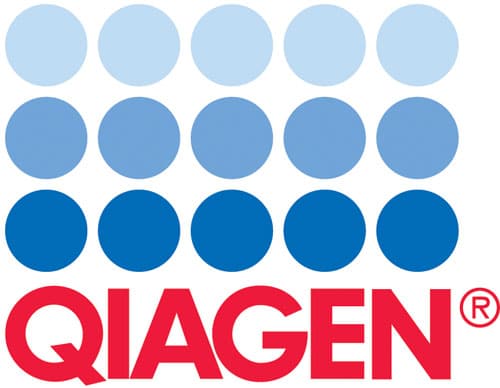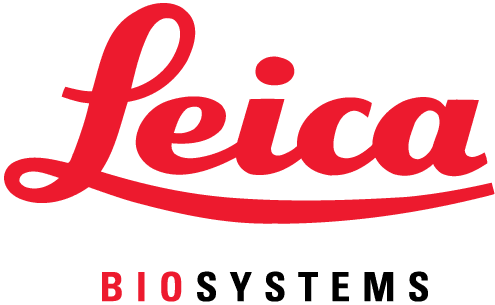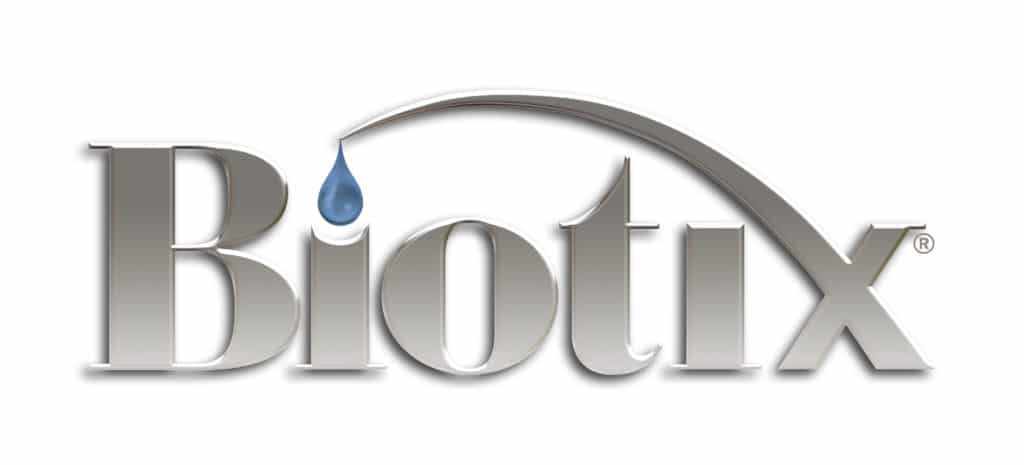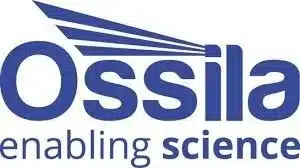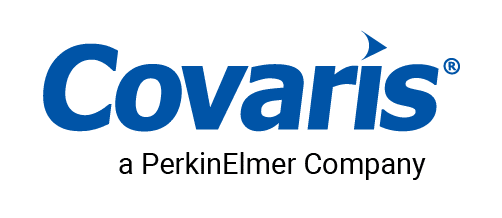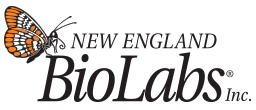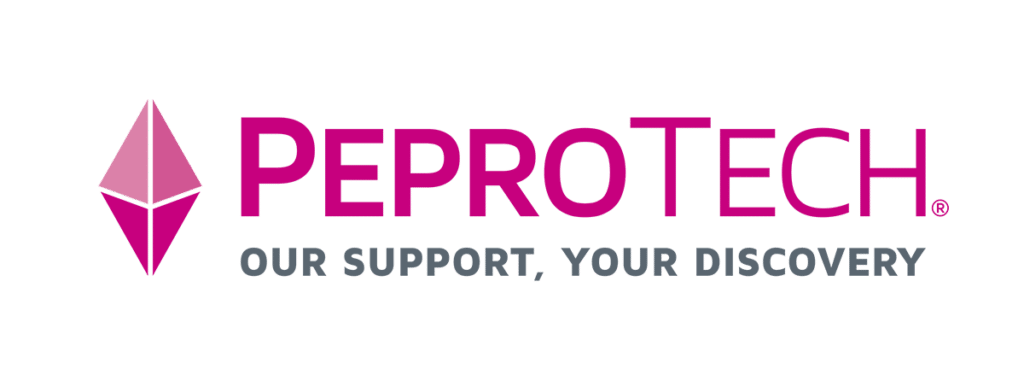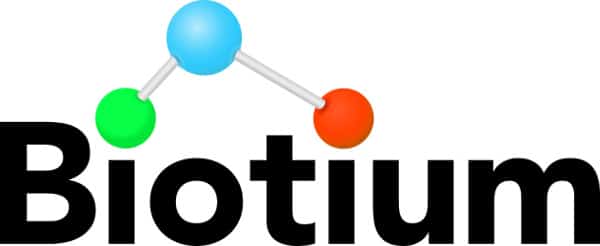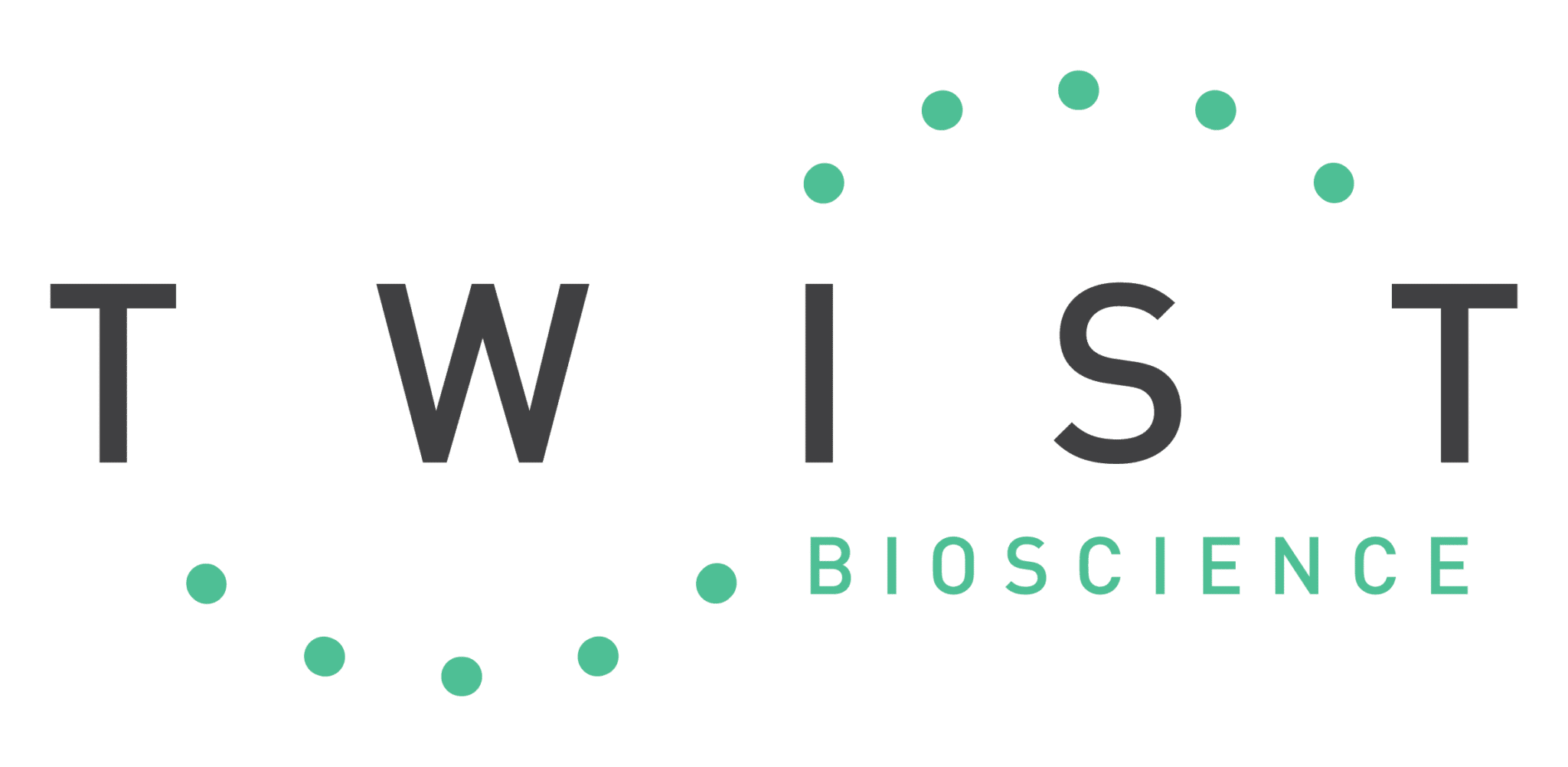Meet the Mentors
These individuals and companies have contributed their hard-won wisdom and solutions in articles and webinars to the Bitesize Bio community. They are ordered according to the number of items they have provided. Please click on their image/icon to see their contributions. If you would like to become a mentor in our community, please click here if you are an individual scientist, or click here if you are a company representative!
Individual Mentors
Company Mentors

 Qiagen
Qiagen







 Illumina
Illumina

 Yokogawa
Yokogawa
 Agilent Technologies
Agilent Technologies

 Integrated DNA Technologies (IDT)
Integrated DNA Technologies (IDT) Sage Science
Sage Science
 Collaborative Drug Discovery
Collaborative Drug Discovery Biotix
Biotix Diagenode
Diagenode
 Ossila
Ossila Zeiss
Zeiss American Journal Experts
American Journal Experts AutoGen
AutoGen BD Biosciences
BD Biosciences
 Covaris
Covaris EAG
EAG Thermo Fisher Scientific – Electron Microscopy Solutions
Thermo Fisher Scientific – Electron Microscopy Solutions GenScript
GenScript
 Leica Microsystems
Leica Microsystems Lumenera
Lumenera New England Biolabs
New England Biolabs PeproTech
PeproTech
 Reichert Technologies
Reichert Technologies Thermo Fisher
Thermo Fisher Trivalent Editing
Trivalent Editing
 Luminex
Luminex
 Biotium
Biotium




 Miltenyi Biotec
Miltenyi Biotec Takara Bio
Takara Bio
 Lunaphore
Lunaphore











































